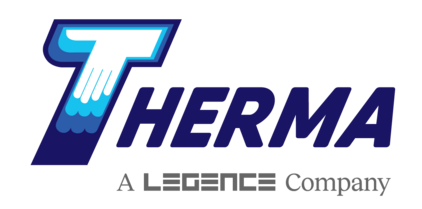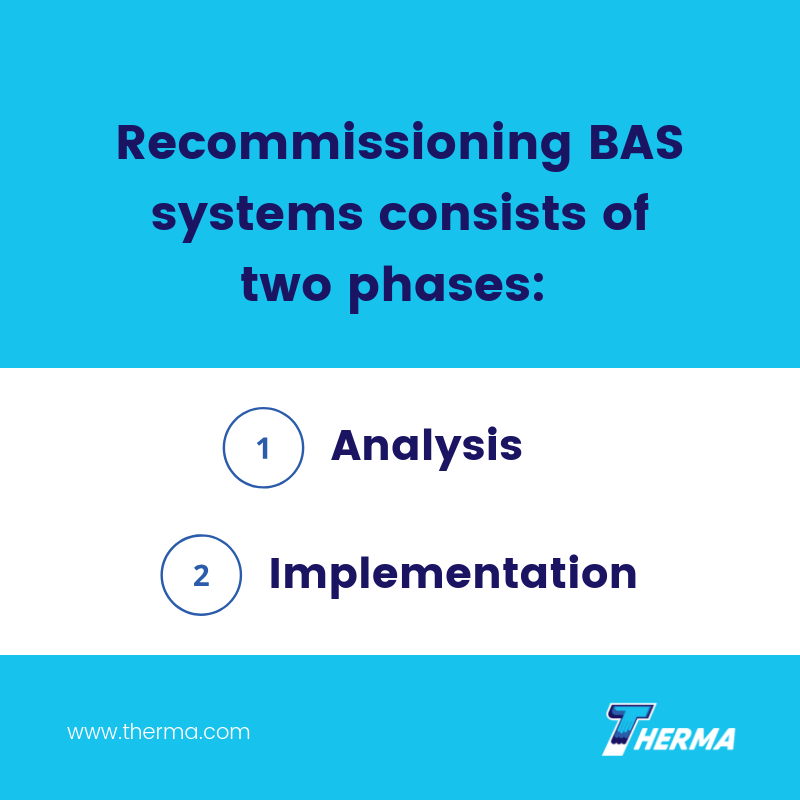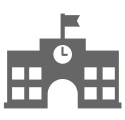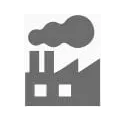By Donna Rider
How can you save thousands of dollars a year? You should recommission your BAS, HVAC, lighting system and other mechanical equipment that’s part of your building automation system (BAS). Just as you get a health checkup every year, your building automation system requires recommissioning every three to five years to stay cost-efficient and performing at its peak. A small amount of money now can save you thousands of dollars per year on gas and/or electric bills. Many utility companies recognize the importance of maintaining building performance and offer rebates for recommissioning systems.
What Does Recommissioning Mean
Recommissioning means inspecting and upgrading your automated systems from top to bottom, throughout the whole building. This gives you the opportunity to run diagnostics to check for efficiency, damaged or weak components and problems in programming. You can compare new measurements against the baseline created when the system was first commissioned, if available. Inspecting and testing will let you know whether the automation systems are optimized, energy efficient and still meet your current needs.
GSA.gov provides a recommissioning management manual which details the requirement for LEED’s Energy and Atmosphere Credit 3. This manual provides guidance and helps establish timelines for scheduled recommissioning of building systems and components.
Systems to include in a recommissioning project include the BAS (programmable logic control devices, sensors and the programming scripts that run them), HVAC systems, fire and safety systems, lighting systems, hot water equipment and any other type of mechanical system in the building.
Recommissioning BAS systems consists of two phases: analysis and implementation. Running diagnostics, accumulating data and analyzing the data is only the first step in the process. Follow this up by implementing the changes to update all of the components that have been identified.
Why Is It Important To Recommission
Consider this a health checkup of your whole BAS. Schedule recommissioning every three to five years to optimize building performance. Here’s why:
- Components with newer technology will make systems run more efficiently and prepare for the trend of IoT and Industrial Control Convergence.
- Identification of damaged or weak components that are not running at optimum performance need to be replaced to improve the quality of the work environment and enhance productivity. The replacement parts should incorporate newer technology that will help your company move toward Industrial Control Convergence.
- Optimizing the HVAC systems will ensure they run efficiently during periods when the building is occupied or empty.
- Maintaining and optimizing the current BAS makes it possible to delay the time when you will have to replace the current system.
- Optimization of the BAS is so important that many utility companies give rebates to companies to assist with the cost of recommissioning their systems.
Recommissioning your BAS provides you with the opportunity to fix hidden problems in a more efficient manner than having the system break down in the middle of a business day. If your HVAC goes down during a 100-degree, or 0-degree day, productivity will suffer. A more cost-efficient way of finding problems is to move from reactive maintenance to preventive maintenance by recommissioning on a regular basis. This gives you the opportunity to order components, if needed, and schedule a time to fix the identified issues with little or no productivity loss.
How Do You Start The Recommissioning Process?
Therma is the place to start. Therma has over 50 years of experience with mechanical systems design, fabrication and installation. Our in-house LEED-accredited engineers and programmers work with multiple protocol systems and diverse applications. We link intelligent devices to a common platform that enables you to optimize your building’s performance. We tackle a range of projects, from energy management to digital control systems.
Biography
Donna Rider is a Technical Writer with more than 18 years experience researching, developing, managing, and producing on-line documentation and training videos. Ms. Donna Rider gained her expertise in technical writing during her highly successful career in several leadership roles. Specifically, Ms. Donna Rider wrote technical documents to assist the Help Desk Technicians troubleshoot calls from customers at Gateway and Wells Enterprises.
Sources:
- https://crej.com/news/bas-ready-winter/
- https://en.m.wikipedia.org/wiki/Building_automation
- https://www.achrnews.com/articles/130413-recommissioning-heats-up-the-hvac-commercial-market
- https://illinoisashrae.org/images/meeting/030713/ddc_basics_hoger.pdf
- https://en.m.wikipedia.org/wiki/New-construction_building_commissioning
- http://fs.illinois.edu/services/utilities-energy/energy-conservation/recommissioning
- https://www.therma.com/understanding-industrial-controllers-plcs-pacs-and-ipcs/
- https://www.controleng.com/articles/convergence-brings-new-benefits-to-the-industrial-controls-world/










